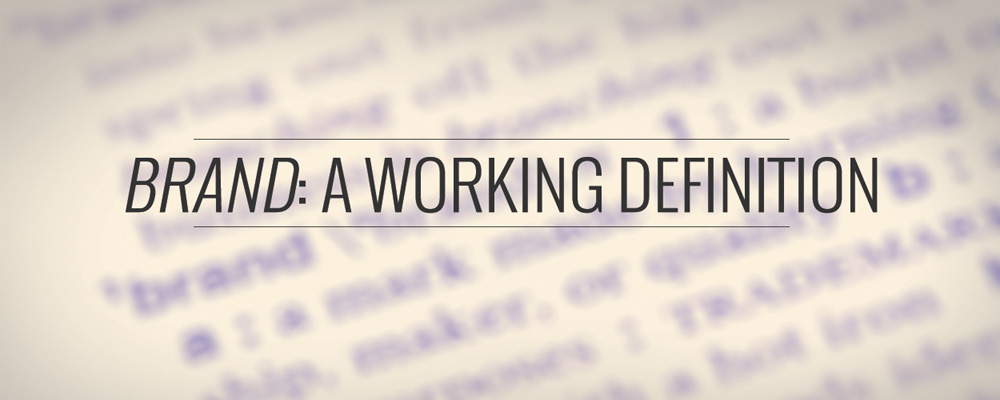The term brand has become increasingly popular and progressively misunderstood over the past few years. Throughout this time, I’ve read numerous books, articles and thoughts about what a brand is. Some have been enlightening, some have been confusing and other have just missed the boat completely. In the interest of clarity and in the hopes of conversation, I’ve decided to publish a working definition of what I mean when I say brand.
By no means is this complete or a crack at a definitive definition to end all debate. Instead, it’s intended to be a jumping off point for conversation, interaction and cerebral wrestling with the concept. It’s the best I have right now and my attempt at a contribution that brings clarity to this erudite concept in non-elusive language.
What Is a Brand?
A brand is a relationship. An incarnational, evolving and emotional relationship that exists uniquely between an audience and an organization.
It’s incarnational because a brand lives within you and within your audience as a gut feeling. Brand is present in every interaction you have as an omnipresent and ubiquitous expression of a deeper relationship.
It’s evolving because a brand is a living, breathing thing that is beautifully imperfect, fallible and unfinished.
It’s emotional because a brand is a relationship with people and people are sensitive, intuitive beings who develop deep feelings about who you are and why you matter.
SEE ALSO: Do We Really Need Another Branding Book?
A brand isn’t a logo. A brand isn’t a visual identity system. A brand is not a product. A brand is not advertising. And, most importantly, your brand isn’t just what you say it is. Although these artifacts can signal us back to a broader capital “B” Brand, they aren’t a substitute for what a brand truly is.
No, to me, brand is synonymous with relationship. Relationship is how we make sense of the world around us. Relationship is how we, as humans, relate to the products and companies we purchase on a daily basis. For me, relationship is the only word that makes sense in the grand scheme of what I’m trying to say when I use the term brand.
So, what does brand mean to you? When you use the term, what are you trying to say? Where is my definition wrong? Where does my definition strike a chord?
